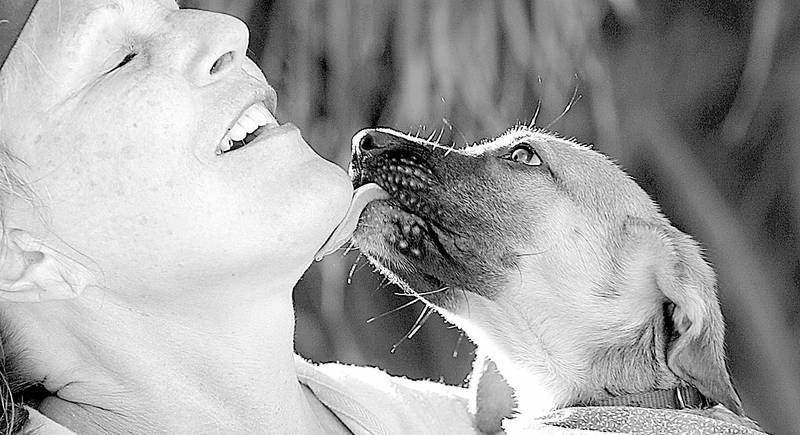A mission to rescue puppies in Caribbean
Published 5:00 am Sunday, June 29, 2008

- A potcake puppy endears himself to Judy Smith, a visitor to the Turks and Caicos Islands. A program called Potcake Place tries to find adoptive homes in the United States for rescued puppies of a local breed of stray dogs known as potcakes. Stray dogs are a significant problem on the Caribbean islands because of inadequate spay and neutering programs.
PROVIDENCIALES, TURKS AND CAICOS ISLANDS — Todd Weller visited the sandy beaches and turquoise waters of the Caribbean last fall, intending to kick back and relax. But he returned to his home in the San Francisco Bay Area with more than just the usual souvenirs in his carry-on luggage. A wiggling, 9-week-old puppy named Mardi made the trip with him.
Weller’s new best friend is a potcake dog, a mixed breed common in the West Indies. In bringing the animal to the United States, he became part of an international puppy airlift, an ongoing rescue effort that transports homeless Caribbean island dogs to the United States and Canada.
Most of the couriers resemble Weller — upscale tourists flying home from holidays in the sun and sand. Some adopt the animals themselves, as Weller did, but most just transport them to North America.
Nearly 400 dogs have been relocated in the past two years from the Turks and Caicos Islands alone, where Weller found Mardi. Other programs rescue dogs from the Bahamas, Puerto Rico and St. Croix.
In the Turks and Caicos, a popular celebrity playground east of Cuba, the airlift program evolved because stray dogs were jeopardizing the tiny nation’s burgeoning tourism industry — they were running in packs, fighting over scraps of food and frightening visitors. Many of the dogs were shot, and others were poisoned; few lived beyond the age of 3.
Spaying and neutering programs were ineffective, authorities say, so Potcake Place, a nonprofit group, was founded about two years ago. The organization rounds up homeless island pups, gets them vaccinated, provides carry-on bags and pays airfare charges.
“We could not stand by and allow the death of perfectly healthy puppies,” said Jane Parker-Rauw, the director of Potcake Place.
Most pups make the flight before they’re 14 weeks old, while they’re still small and light enough to avoid airline weight and size regulations that would force them to ride in the baggage compartment instead of the passenger cabin. The group pre-arranges homes for them in the U.S., either with individuals or with no-kill dog-adoption groups.
Potcakes — the name developed because locals give them the caked remains in the bottom of the pot to eat — are medium size with a shepherd-mix look. They’re hardy, smart and make good house pets, Parker-Rauw said. “And they smile a lot.”
Most of the Caribbean puppy-lift groups say that they would prefer education and spay/neuter programs to handle their countries’ feral dog problems but that funding is limited. In Freeport, the Humane Society of Grand Bahama (www.gbhumane.org) uses a combination of programs, including puppy lifts by ferry boat to Florida and spaying/neutering, to help deal with the problem.
To those who say the U.S. has enough strays without adding potcakes, Parker-Rauw replies that her group doesn’t want to deny homes to American dogs: “We think all puppies deserve a home, including potcakes.”
And, although shelters are crowded in many parts of the country, puppies are sometimes hard to find, experts say.
“It can be a win-win situation for puppies and for shelters in the U.S.,” said Dena Fitzgerald, the director of animal services for the American Humane Association in Denver. “Puppies are in great demand, and some spay/neuter programs here have been so successful that the shelters don’t have puppies. Or they only have pit bulls or mixed pit bull breeds. People who visit the shelter with good intentions planning to adopt go away disappointed and never come back.”
The puppy airlift
Potcake Place: P.O. Box 616, Providenciales, Turks and Caicos Islands, BWI; 649-231-1010, www.potcakeplace .com. The organization takes in homeless pups, gets them veterinarian care and tries to arrange their transportation to the U.S. and Canada.
To check out more potcake puppies awaiting adoption, see the videos at latimes.com/potcakes.








